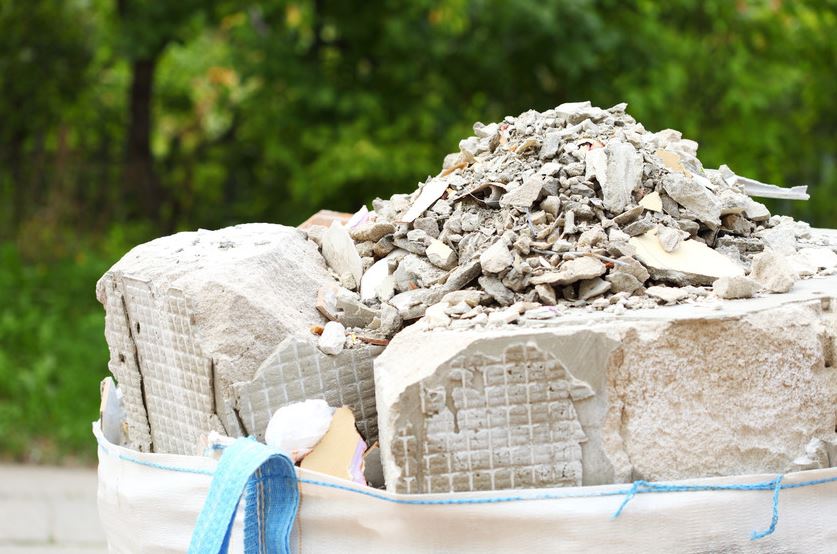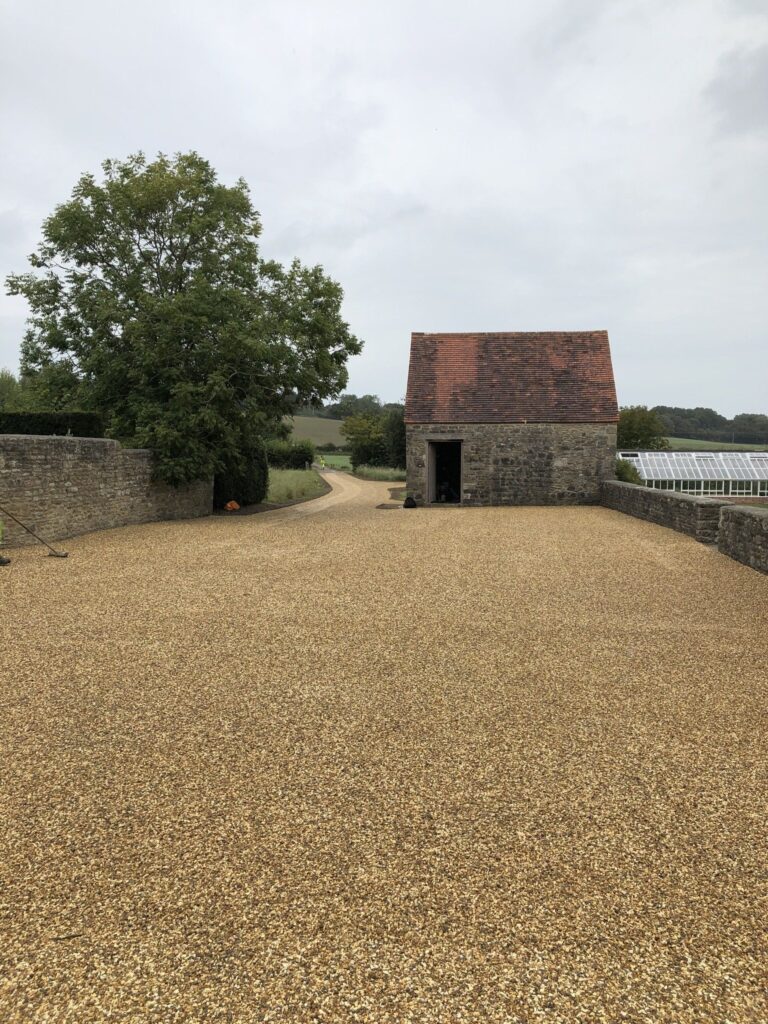The basic difference between asphalt and micro asphalt is simple. The latter simply uses finer aggregates.
But in doing so, micro asphalt offers slightly different qualities and characteristics compared to regular asphalt. As such, each option is better suited to specific situations.
It’s important to understand the differences between asphalt and micro asphalt to determine which material is better for your construction project.
Asphalt is a highly versatile composite material. It’s made from aggregates like crushed stone, sand and gravel, with roughly 5% of the total mixture being bitumen to hold it together. Bitumen is a viscous waterproof by-product of petroleum that’s extremely useful for binding road surfaces.
This substance is mixed at a high heat and applied hot to keep the bitumen melted. This helps the surface become more durable once set. However, there are other types of asphalt mixes such as Warm Mix Asphalt and Cold Mix Asphalt that can be mixed at lower temperatures.
The UK produces approximately 20 million tonnes of asphalt each year. And it accounts for around 95% of all our roads.
Besides roads and highways, asphalt is also used to build:
Keep reading: What is asphalt, and what are its uses?
Also known as microsurfacing, micro asphalt is a type of Cold Mix Asphalt. It’s composed of the same ingredients as regular asphalt, though the aggregates used are much finer.
Regular asphalt is typically used in construction or major repairs. But micro asphalt is applied to existing surfaces that are still in good condition as a preventative maintenance treatment.
By correcting minor defects and sealing the surface, micro asphalt extends surface lifespan and greatly slows deterioration. It also waterproofs the surface, preventing water penetration and damage to the underlying road structure.
Defects that micro asphalt is used to address include:
Keep reading: What is micro asphalt?
The many benefits of asphalt include:
Keep reading: Four key benefits of asphalt driveway installations
Just like the regular kind, micro asphalt is a durable, cost-effective surfacing material that improves skid resistance, waterproofing and frost resistance, though to a slightly lesser extent. That said, it compensates by offering its own unique benefits:
Keep reading: The benefits of using micro asphalt for your driveway
Asphalt and micro asphalt fulfil different functions. So which is better depends on what you’re trying to achieve.
If you’re laying a new surface or repairing one that’s been severely damaged, regular asphalt is the better option. It takes longer to lay and set, and requires favourable conditions, but tends to be much more durable. This also makes it more suitable for large or heavily trafficked areas.
On the other hand, micro asphalt is highly effective as a preventative maintenance treatment. It quickly repairs minor defects and seals the surface to extend its lifespan.
Cost is another important fact. If you don’t have the budget for full asphalt repairs or resurfacing, micro asphalt can still add a few years to your existing surface. This gives you extra time to raise funds for larger repair works that may be needed in the future.
It’s not always easy to decide which type of asphalt is better for your project. For expert advice on the best solution for your particular area, speak to the team at Hazell & Jefferies Ltd.
For more than 50 years, Hazell & Jefferies has delivered superior asphalt surfacing solutions to homes, businesses and local councils throughout Oxfordshire, Berkshire and the wider UK. We’re fully accredited to handle any project, and offer friendly advice and support in a way that only a family-owned business can.
Contact us today to discuss your upcoming project, and we’ll help you decide between asphalt, micro asphalt and our many other surfacing materials.

